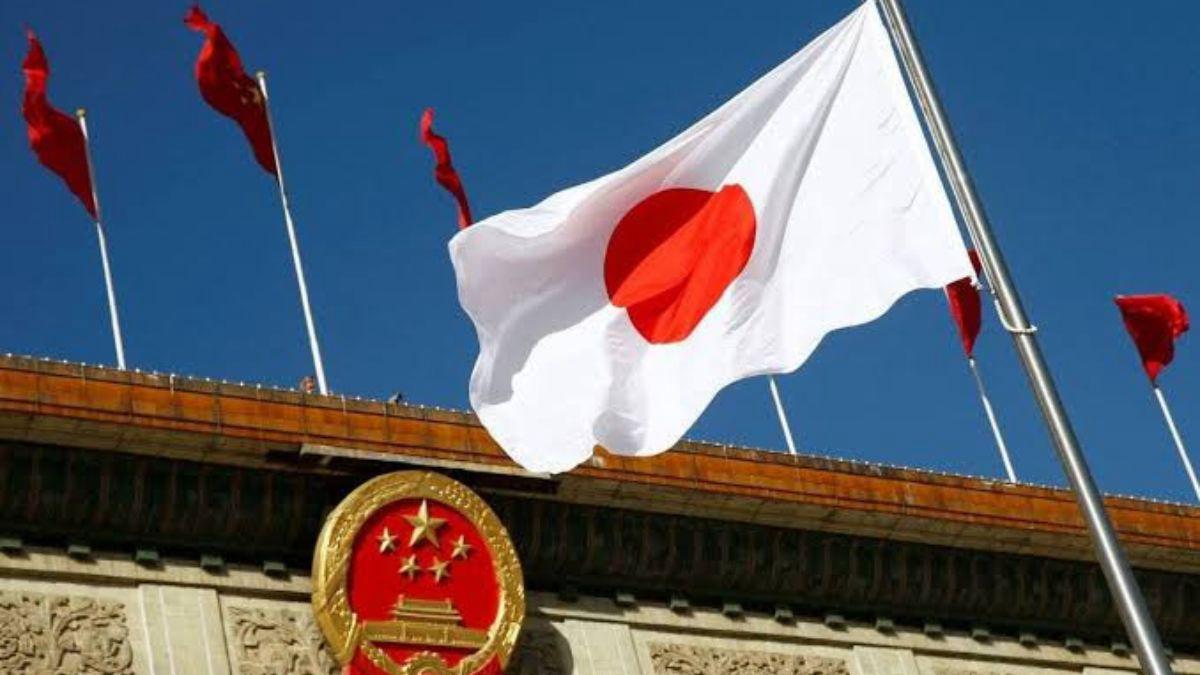China has issued a stern warning to Japan, signaling potential severe economic retaliation in response to Tokyo’s recent restrictions on semiconductor equipment sales to Chinese firms. This latest development has sparked significant concern within Japan’s automotive sector, particularly at Toyota Motor Corporation, a major player in the industry.
According to sources cited by Bloomberg, Toyota is apprehensive that Beijing might retaliate by limiting Japan’s access to critical minerals essential for automotive production. This concern stems from Japan’s stringent controls on chip manufacturing equipment, which are part of a broader strategy endorsed by the U.S. to curtail China’s advancements in semiconductor technology. Toyota’s strategic investments in Taiwan Semiconductor Manufacturing Company’s (TSMC) Kumamoto plant have further heightened fears of becoming a target of Chinese economic measures.
Additionally, Tokyo Electron Ltd., another key player in Japan’s tech sector, is reportedly anxious about the long-term impact of Japan’s new export controls. These controls are influenced by ongoing U.S. pressure on Japan to restrict the sale of advanced chip manufacturing technologies to China, a move intended to impede China’s semiconductor development.
This situation echoes a previous conflict from 2010, when China halted rare earth exports to Japan, disrupting the Japanese electronics industry, which relies heavily on Chinese rare earths for high-power magnets. The current tensions have reignited fears of a repeat scenario, potentially affecting Japan’s ability to produce critical technologies and components.
In response to these developments, U.S. officials are working closely with Japan to ensure the continued availability of essential minerals, crucial for mitigating the impact of any potential Chinese retaliation. The Biden administration is reportedly optimistic about reaching an agreement with Japan by the end of the year to address these concerns and secure a stable supply chain for critical resources.
The situation underscores the fragile nature of international trade relations and the far-reaching consequences of geopolitical tensions on global industries.

